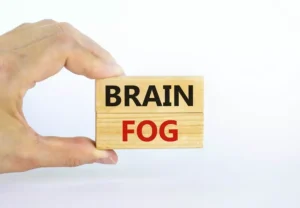
Tough days might come, but with our supportive sober community, you're never alone. You want to make sure that your sober living home has the space and resources to accommodate your needs. Staff members and management at a sober living home should have experience working in recovery. Fill out a quick form to connect with specialists and explore personalized paths to lasting recovery. Talk to our caring professionals today and take the first step toward living a fulfilling, addiction-free life. Rehab programs often require you to stay at the facility 24/7 to prevent you from relapsing and shield you from outside triggers.
- Residential rehab, also known as inpatient rehab, is a structured and intensive treatment program for individuals struggling with substance abuse.
- They lay the foundation for recovery, introducing residents to 12-step meetings and providing medical support.
- OP is best suited for those clients battling mild substance use disorder or who have successfully completed more rigorous programs like residential treatment, PHP, or IOP.
The Benefits of Sober Living
Think of it as a safe harbor during the stormy seas of early recovery—a place to anchor while building the skills and confidence needed to sail forward. To learn more about PHP and IOP and discover which is right for you, complete our online intake form. Discover which drugs make you more aggressive, from prescriptions to illicit substances. Discover effective ways to stop online shopping addiction and regain control over your finances and well-being.
Court Mandates and Halfway Houses
The cost of inpatient drug rehabilitation on average cost between $20,000 and $35,000 for a 30-day program. The cost varies widely based on factors such as the type of facility, level of care, and geographic location. Luxury or executive facilities, offering high-end amenities and personalized services, charge significantly more, with prices reaching $80,000 or higher per month.
Faith-Based Rehab
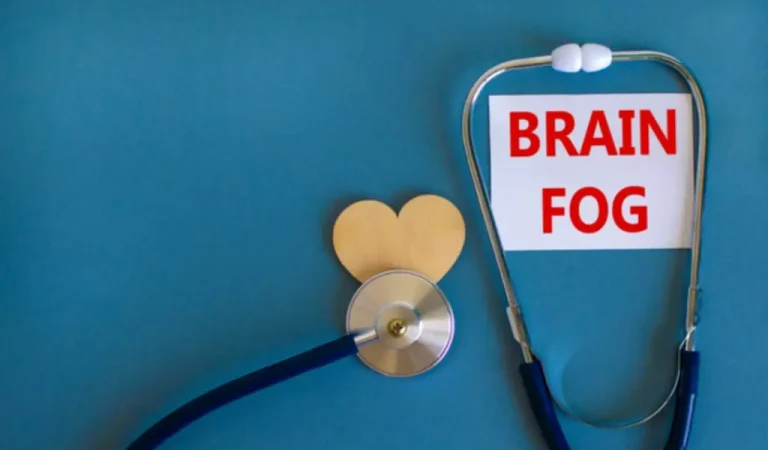
Programs last from 30 to 90 days, depending on the severity of addiction and individual needs, offering a controlled environment free from triggers and distractions. Inpatient drug rehab provides a highly structured environment where individuals receive round-the-clock care to overcome substance use disorders. These programs offer a controlled setting with 24/7 medical and therapeutic support, addressing both addiction and underlying mental health conditions to promote lasting recovery.
Teen or Adolescent Rehab
Our professional assistance can make a significant difference in your journey toward sober living vs rehab lasting recovery. People recovering from addiction needs a stepping stone from the inpatient care within our program to their new life. This is where transitional housing, also called sober homes, 3/4 homes or halfway houses, comes into play. There are a few differences, but in general, they provide a safe place for an individual to live and readjust to life outside a treatment center. Sober living homes provide a transitional environment for those who have completed rehab. Unlike the clinical setting of rehab, these homes offer a drug-free space where residents can continue their recovery journey while enjoying a more normal life.
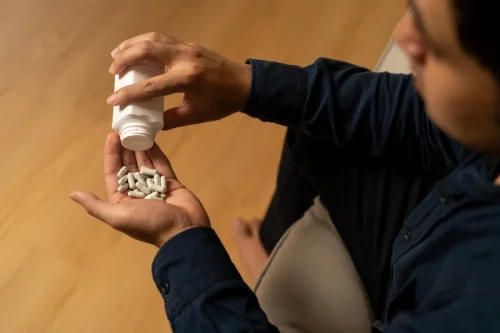
Leading Addiction Counseling Degree Programs
Rehab for professionals is designed for working individuals such as doctors, lawyers, executives, and first responders who need addiction treatment while maintaining their careers. These programs offer confidential treatment, flexible schedules, and work-related support. According to the American Medical Association (AMA), professional rehab programs improve recovery outcomes by addressing job-related marijuana addiction stressors and maintaining career stability.
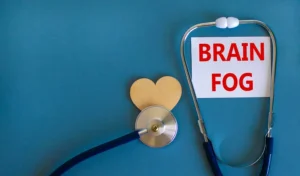
Impact of COVID-19 on Addiction Treatment
In a sober living home, you can go to work or school & manage daily responsibilities, all within a supportive, sober community. Residential treatment centers specialize in helping individuals with severe and active alcohol and drug addictions. Residential programs are sometimes referred to as inpatient programs because they involve living inside treatment facilities full-time. Often considered the most intensive form of formal addiction treatment, inpatient treatment programs are able to provide care on a 24/7 basis.
- Explore powerful ways to take care of your mental health, from lifestyle habits to social support.
- The duration depends on factors such as the type of substance used, the severity of addiction, and whether a dual diagnosis (co-occurring mental health disorder) is present.
- Many rehab facilities have alumni programs that provide continued engagement and encouragement.
Sober living helps ease the transition from rehab to independent living, reducing the risk of relapse. Additionally, residents develop essential life skills and learn how to live a successful, independent life. Many people think that rehab facilities & sober living homes are virtually the same thing. In short, rehab provides intensive, structured treatment for addiction, while sober living homes are for people who are looking to maintain their sobriety in a sober environment. Most inpatient programs offer mental health services, including individual and group therapy.
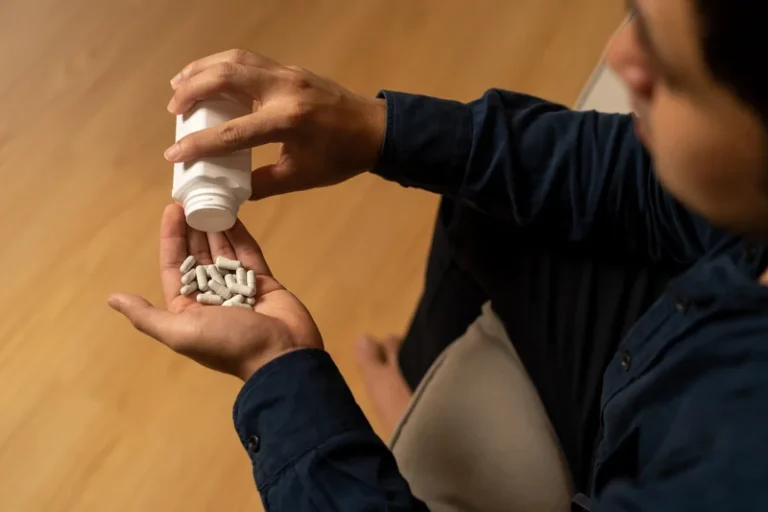
Sober living homes strike an interesting balance between shared spaces and private areas. In many instances, residents may enjoy a single room or share one with another resident navigating the path toward sobriety. Explore what are stages of addiction, from initiation to treatment, and understand the journey toward recovery. Discover how movement and recovery go hand in hand, aiding injury rehab, sleep, and addiction recovery. Many people who are struggling with alcohol use disorder are fearful of going to a treatment facility to...
Sober Living Facilities vs. Rehabilitation Center
Discover how to stop caffeine addiction with effective strategies, withdrawal tips, and healthy alternatives. Demystifying how alcohol becomes addictive, unraveling genetic, environmental factors, and treatments. Discover how long it takes to break an addiction and navigate the journey of rehabilitation with confidence. Understand 'dependence vs. addiction', unpack their complexities, and explore recovery strategies.